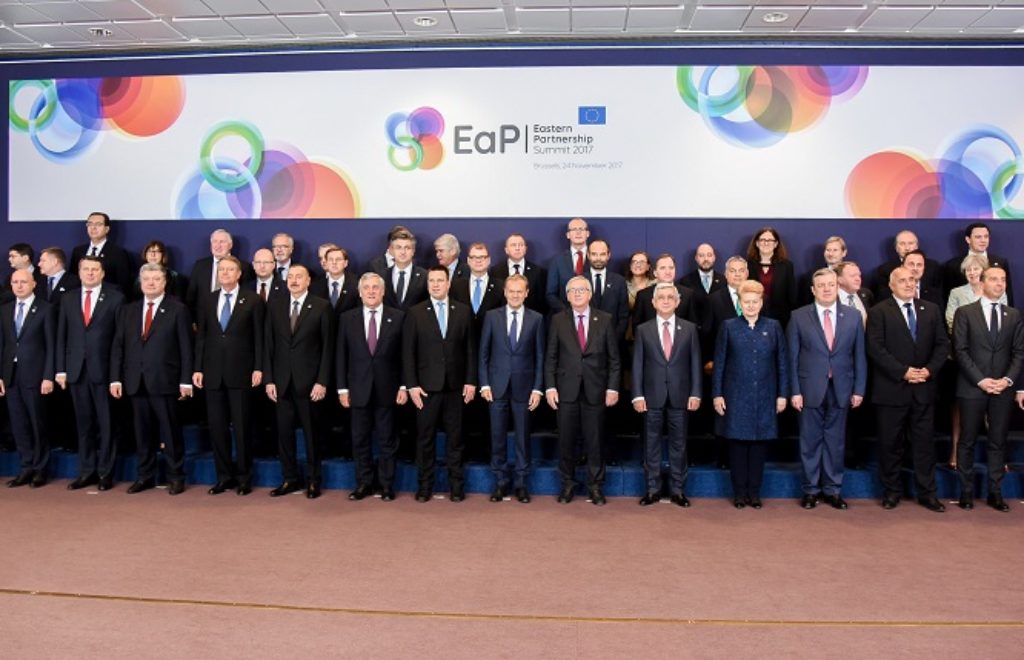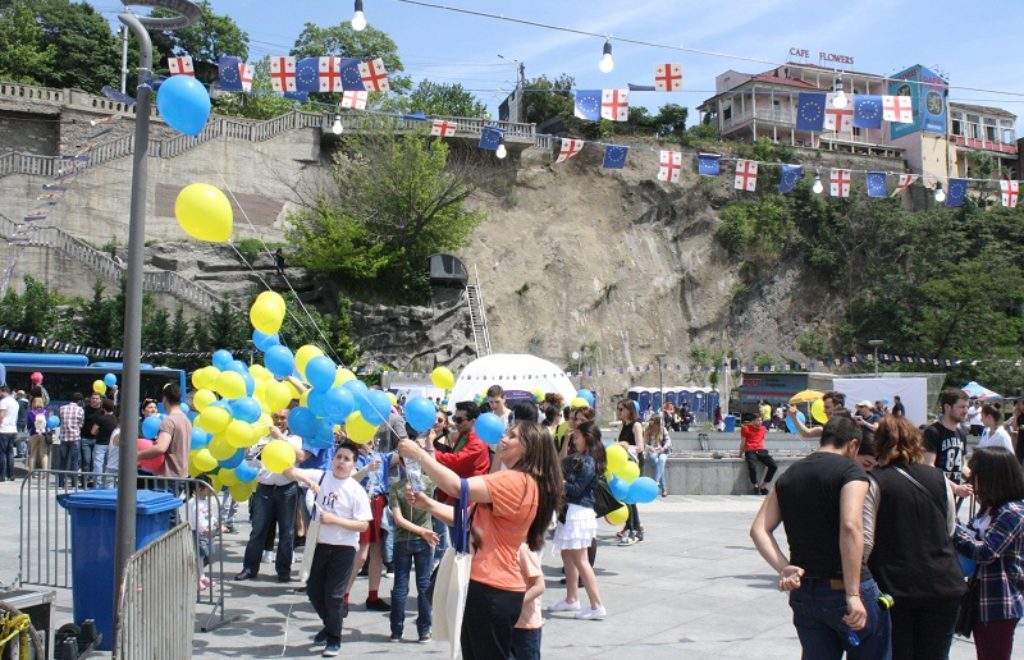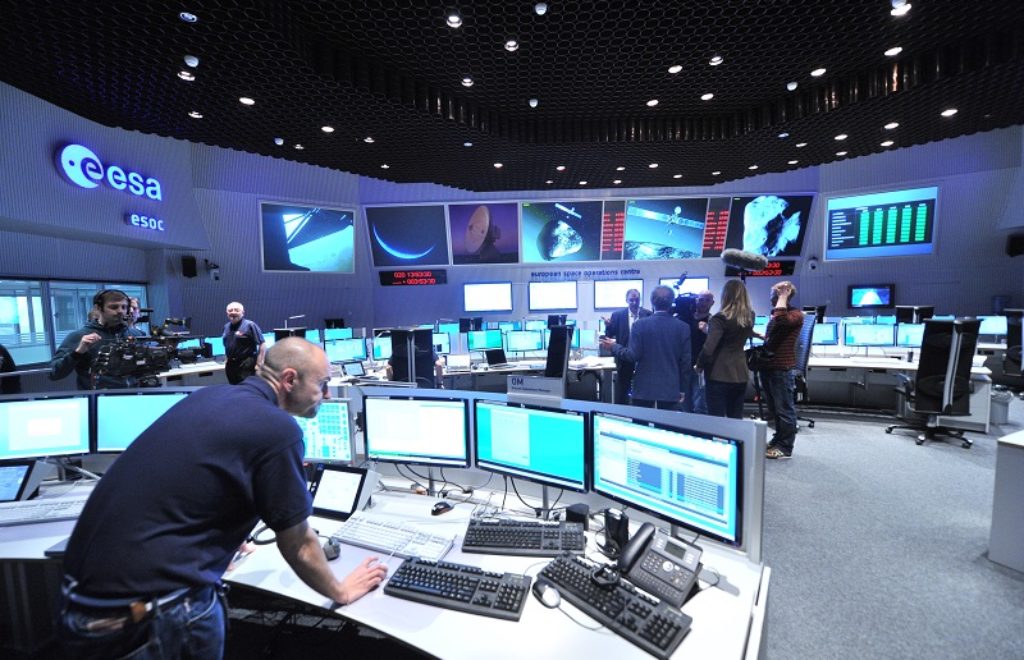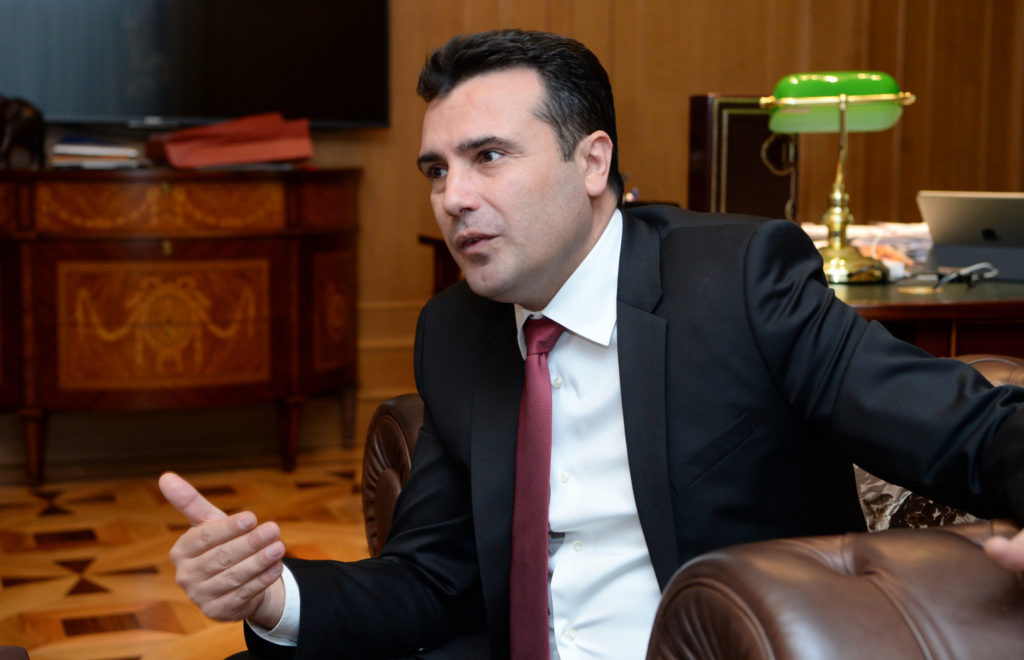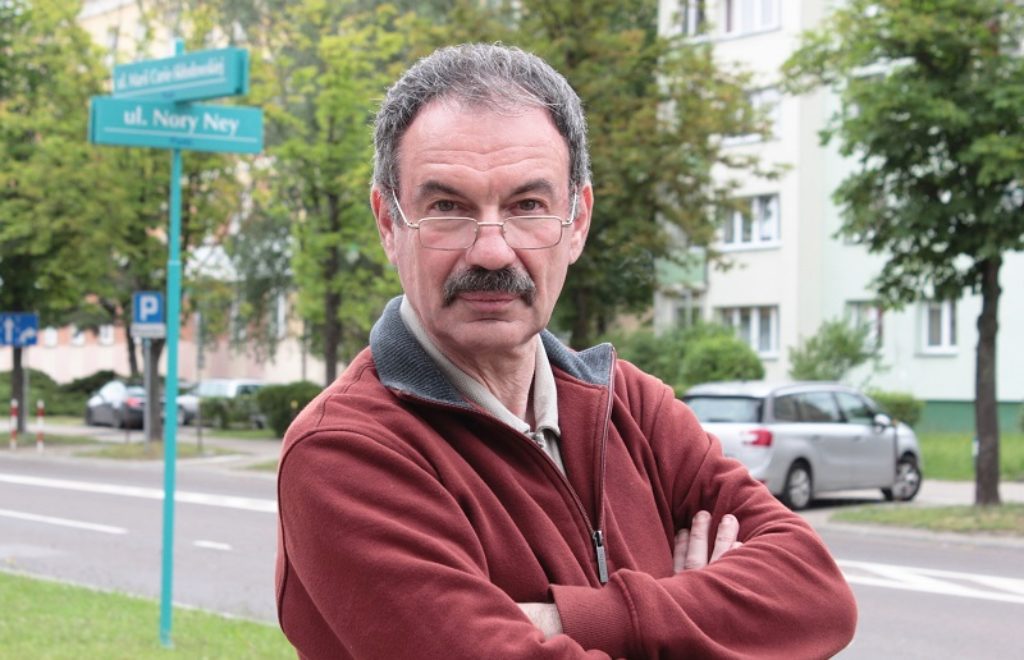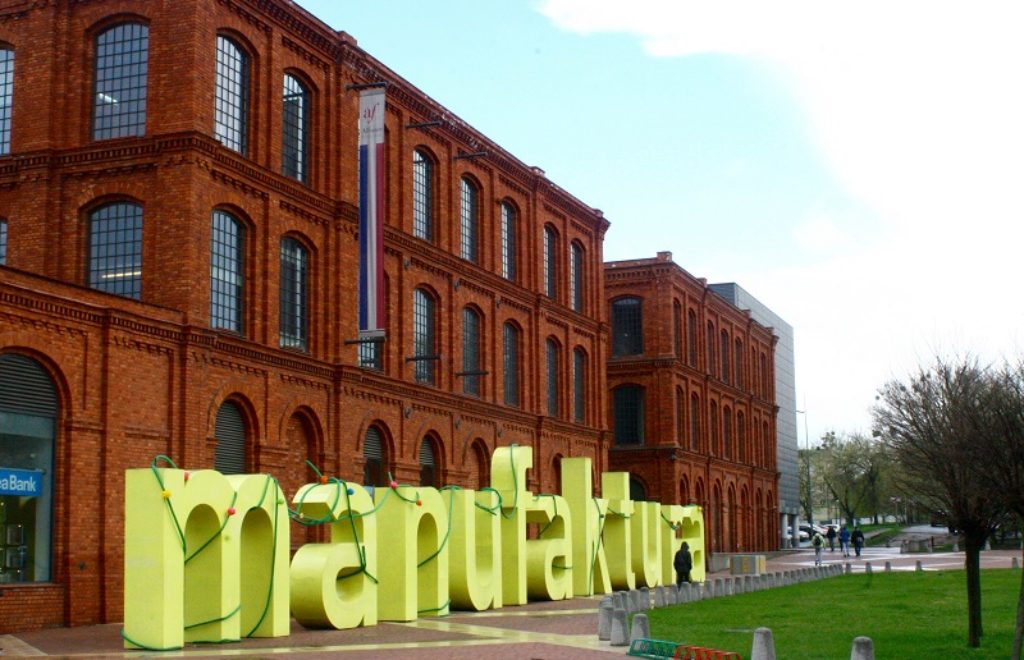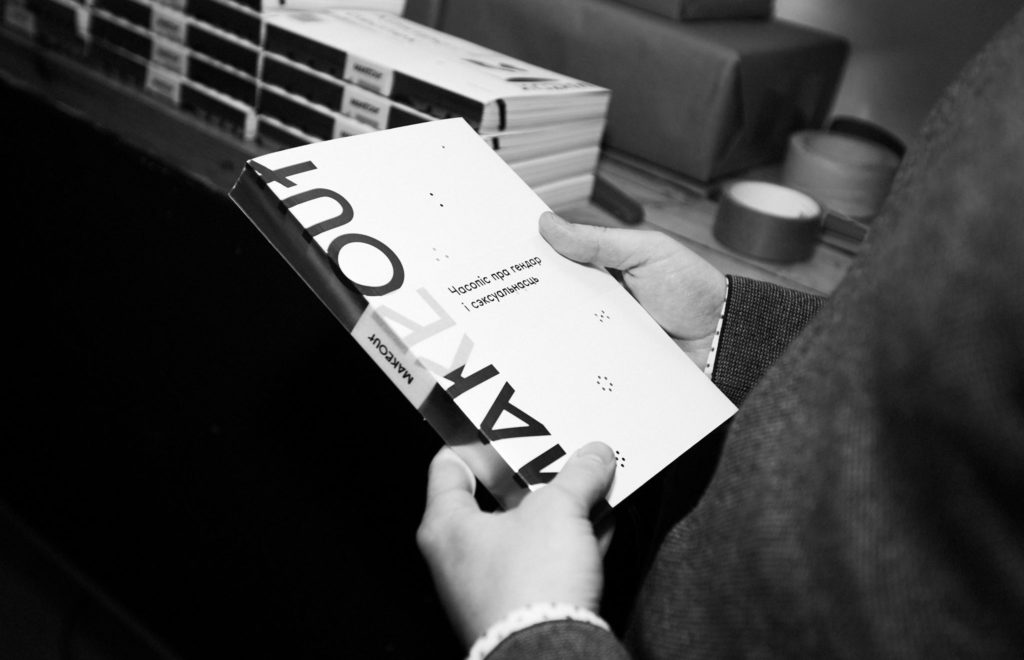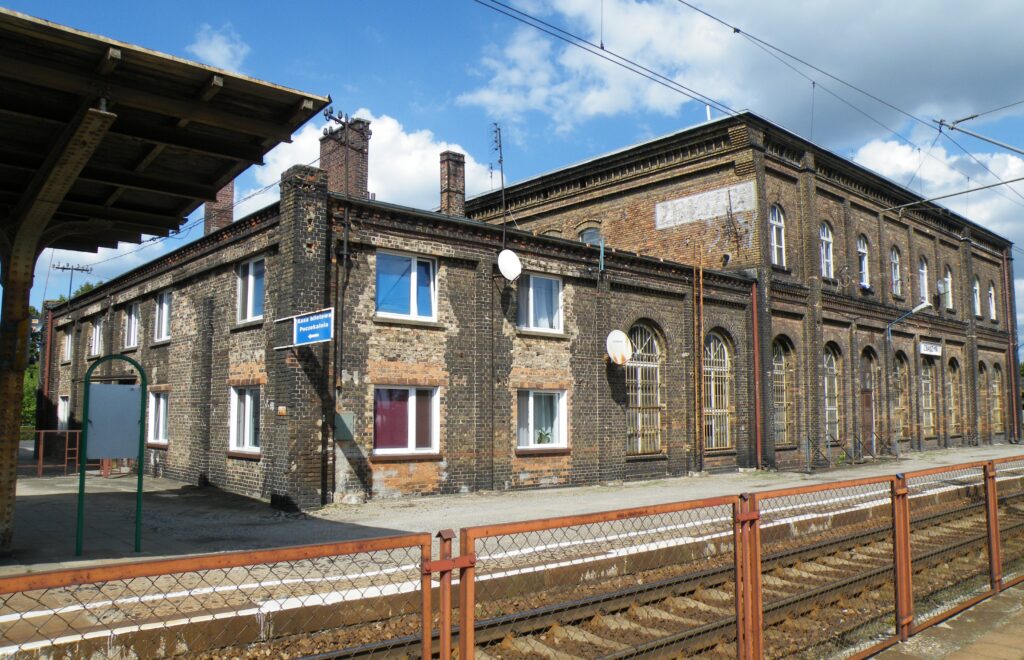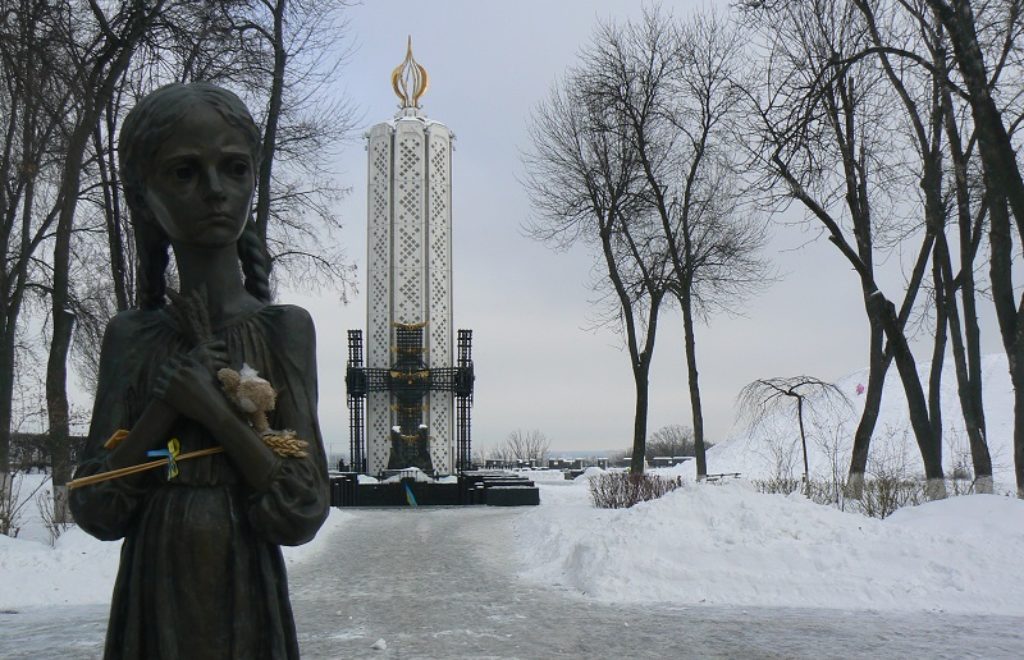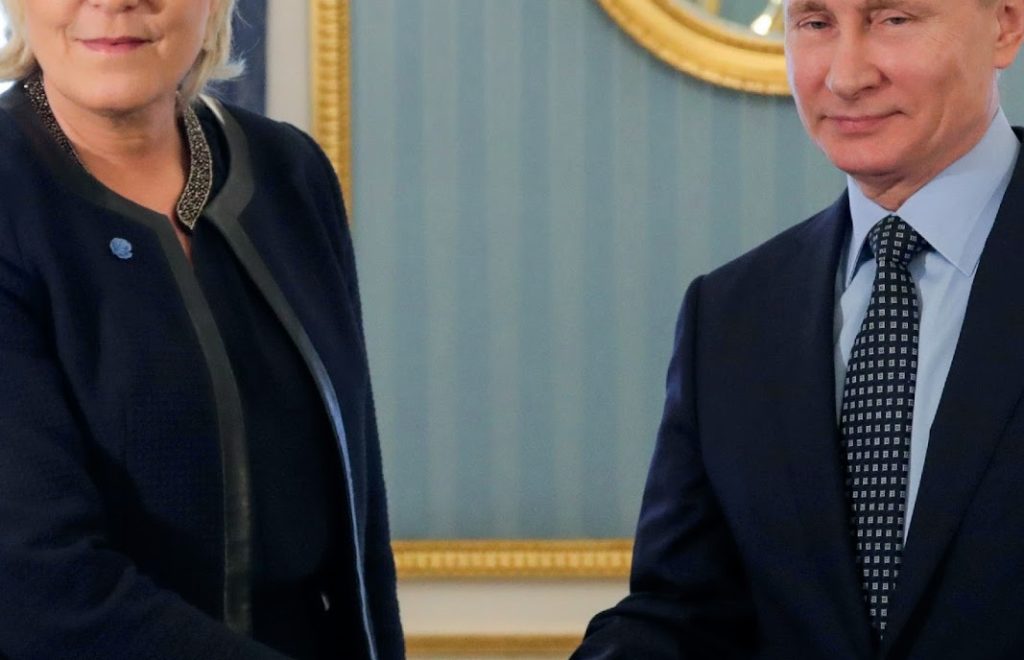Seeking the Eastern Partnership’s greatest integer
The next Eastern Partnership (EaP) Summit in 2019 will mark the tenth anniversary of the project as a joint initiative involving the European Union, its member states and six Eastern European partners: Armenia, Azerbaijan, Belarus, Georgia, Moldova and Ukraine. Perhaps it is for this event that the partners are keeping their solemn and ambitious statements. And, moreover, they are right to do so. After surviving the Riga Summit in 2015, the 2017 Brussels Summit became a sobering moment – and not a celebration. It was the summit where mesmerism met discernment, aspiration met disenchantment and one reality met another reality.
February 26, 2018 - Andriy Tyushka


